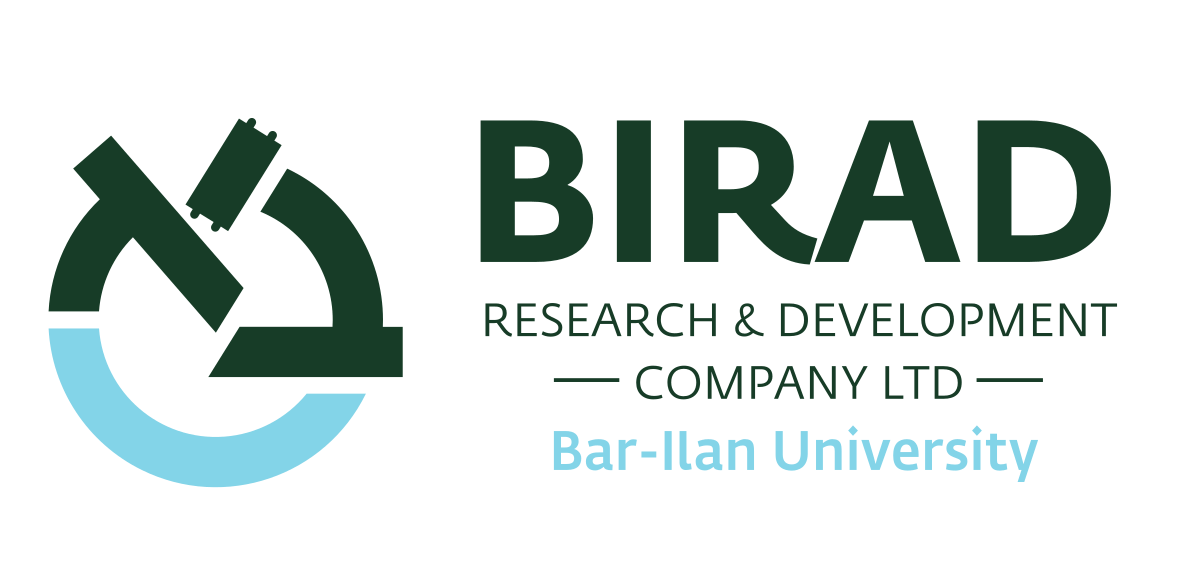A Novel Encapsulated Stabilized Vitamin A (Retinoic Acid) for Cosmetic Applications

The Problem
All-trans retinoic acid, the most active form of vitamin A, is known to be highly beneficial in dermatology and other biomedical applications. However, all-trans retinoic acid is extremely sensitive when exposed to ultraviolet (UV) light, due to the conjugated double bonds that comprise its chemical structure.

The Solution
Our cutting-edge invention is a nano/micron-sized retinoic acid-filled hollow proteinoid particle composed of polymerized para-amino benzoic acid (a UV blocker) and polymerized amino acids. This non-toxic biodegradable particle may contains up to 20% trans-retinoic acid, protecting it from light-degradation for over 24h, while free RA degrades within only 3h of light exposure under same conditions.

The Commercial Benefit
- Our all-trans retinoic acid is protected from light-dependent degradation, keeping patients safe from any harmful exposure to light
- The nanoparticles degradation opens up the ability to achieve slow controlled release of retinoic acid
- The encapsulation keeps the nanoparticles dry, and redispersing them upon use

Market Potential
Retinoic acid has a steadily growing market expected to reach a 6.6% year-over-year growth by 2020 – Retinoic acid is the most well-studied ingredient used in a large variety of cosmetic preparations designed to provide:
- Preempt skin aging by inducing the biosynthesis of collagen in the skin
- Counteract photo aging by impeding the UV-induced synthesis of collagen-reducing enzymes
- Prevent oxidative stress
- Control cutaneous bacterial flora

Target Markets/Industries
- Dermatology product manufacturers
- Biomedical product manufacturers
- Cosmetics product manufacturers

Intellectual Property
US granted patent number 10,300,024

Team: Primary Inventor
Prof. Shlomo Margel
Faculty of Chemistry, Institute of Nanotechnology and Advanced Materials
- Professor Margel received his Ph.D. from the Department of Materials Science, at the Weizmann Institute
- He completed his postdoctoral studies at the California Institute of Technology (CALTECH), Department of Inorganic Chemistry
- He served as a senior scientist at the Jet Propulsion Laboratory at CALTECH
- Professor Margel worked as an associate Professor, at the Department of Materials Science, the Weizmann Institute
- He was a visiting scientist at DuPont, Central Research and Development at the Polymer Section, University of Ulm, Germany, at the Department of Physical Electronics, Tokyo Institute of Technology, Japan at the Institute for Soldiers' Nanotechnologies, MIT, Cambridge, MA
- He acted as the Dean of the Faculty of Exact Sciences of Bar-Ilan University.
- Shlomo Margel was nominated by the Israel Academy of Sciences as Chairman of the National Committee of Chemistry towards IUPAC
- Professor Margel published more than 170 publications, has been awarded 29 patents and he is the author of a few chapters in several books

Future Research
We plan to:
- Finalize the work with the qPCR to demonstrate the activity of the protected vitamin A compared with free vitamin A exposed to UV
- Deepen our knowledge on the release kinetics of vitamin A from the nano/micro-capsules
- Demonstrate the activity of the protected vitamin A compared to vitamin A on the skin

The Opportunity
Cosmetics companies are invited to license our patent through a licensing agreement, either with or without sponsored research

